I’m stuck in the UK... I left India for a couple of days to attend Oma’s funeral service in Amsterdam. On the return flight, weather, bad luck, and maybe a little bit of fate aligned to keep me in London for the night. So I’ve had a lot of time to catch up on thinking and reading.
In preparation fro visiting me in Cambodia, my mom is reading First They Killed My Father by Loung Ung. It is about her family’s experience during the time of the Khmer Rouge and the Cambodian Genocide. The story is haunting. Almost overnight middle class families were forced to flee their homes and taken to the countryside. Universities, hospitals and banks were burned. Political and civil rights were abolished. Religion and music were banned. Even clocks and watches were destroyed. Any symbol of modernity, any un-communist aspect of traditional Cambodian society was to be eliminated. Teachers, doctors, lawyers, scientists, musicians, philosophers, and politicians were killed along with their extended families.
Minority groups, especially the ethnic Chinese were targeted. One Khmer slogan ran 'To spare you is no profit, to destroy you is no loss.' It’s hard to believe that this could happen in the matter of days, and even harder still to know that it happened only 35 years ago during the lifetime of my parents.
How did it happen? That part is possibly the most difficult to comprehend.
In 1962, Pol Pot, leader of the Cambodian Communist Party formed an armed resistance movement that became known as the Khmer Rouge and waged a guerrilla war against Prince Sihanouk’s government.
In 1970, Prince Sihanouk however, was ousted due to a US backed right wing military coup. Sihanouk retaliated by joining Pol Pot (his former enemy) in opposing the new military government. That same year, the US invaded Cambodia to expel the North Vietnamese from their border encampments, but ended up driving them deeper into Cambodia allowing them to ally themselves with the Khmer Rouge.
From 1969 until 1973, the U.S. intermittently bombed North Vietnamese sanctuaries in eastern Cambodia An estimated 150,000 Cambodian peasants were killed. As a result, peasants fled the countryside by the hundreds of thousands and settled in Cambodia's capital city, Phnom Penh. All of these events resulted in economic and military destabilization in Cambodia and a surge of popular support for Pol Pot.
By 1975, the U.S. had withdrawn its troops from Vietnam. Cambodia's government, plagued by corruption and incompetence, also lost its American military support. Taking advantage of the opportunity, Pol Pot's Khmer Rouge army, consisting of teenage peasant guerrillas, marched into Phnom Penh and on April 17 effectively seized control of Cambodia.
Leaders of the Khmer Rouge are only now facing trial.
I’d like to think we learn something from history. From the genocides that have taken place across the globe. From the lives of Jews, Tutsis, Muslims, and Hindus lost.
But killing continues and human rights violations are abundant.
I read about the protests in Iran and the UK and think maybe we have learned something. There are plenty of people fighting against violence, repression, hatred, and injustice...
Then again, I can't help but wonder, will it be enough?
Back in Bombay tomorrow. Project update soon. Love from London
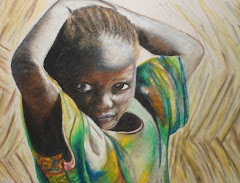
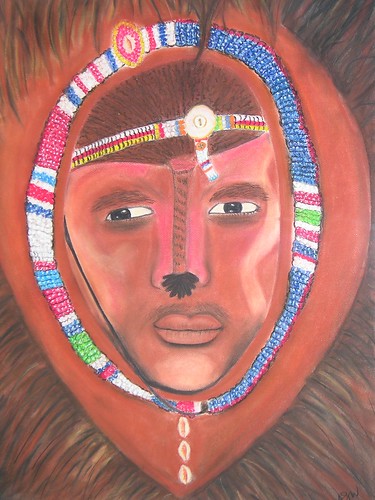
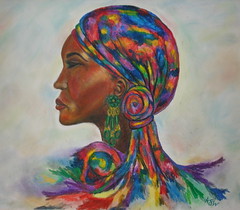
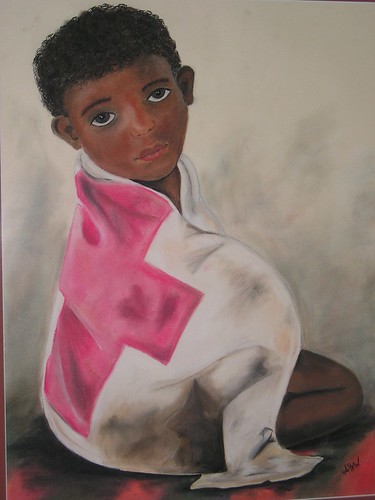
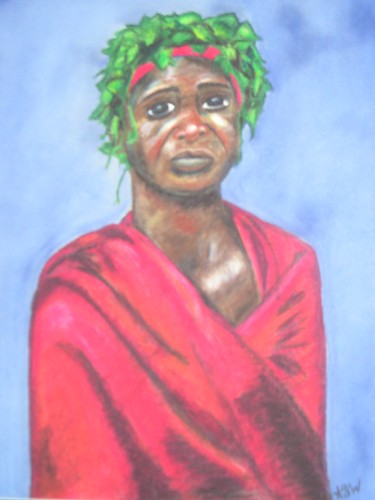


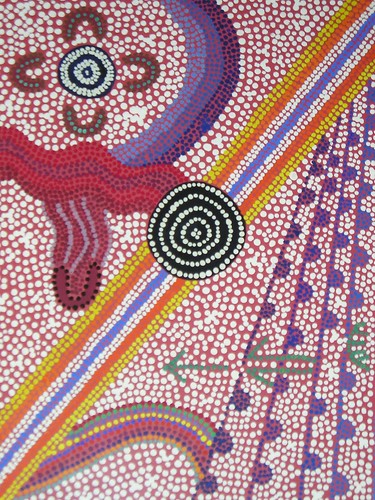



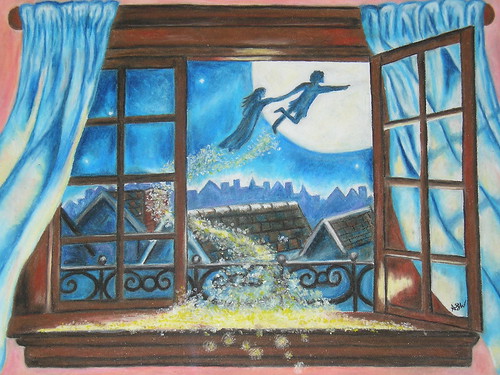

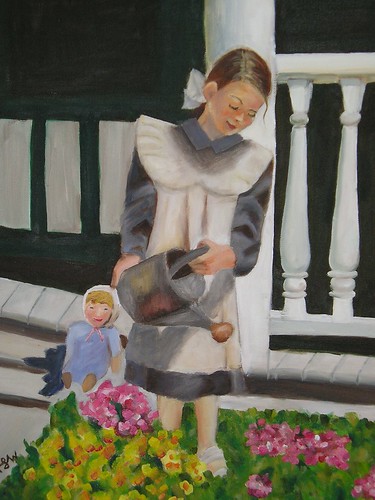
No comments:
Post a Comment